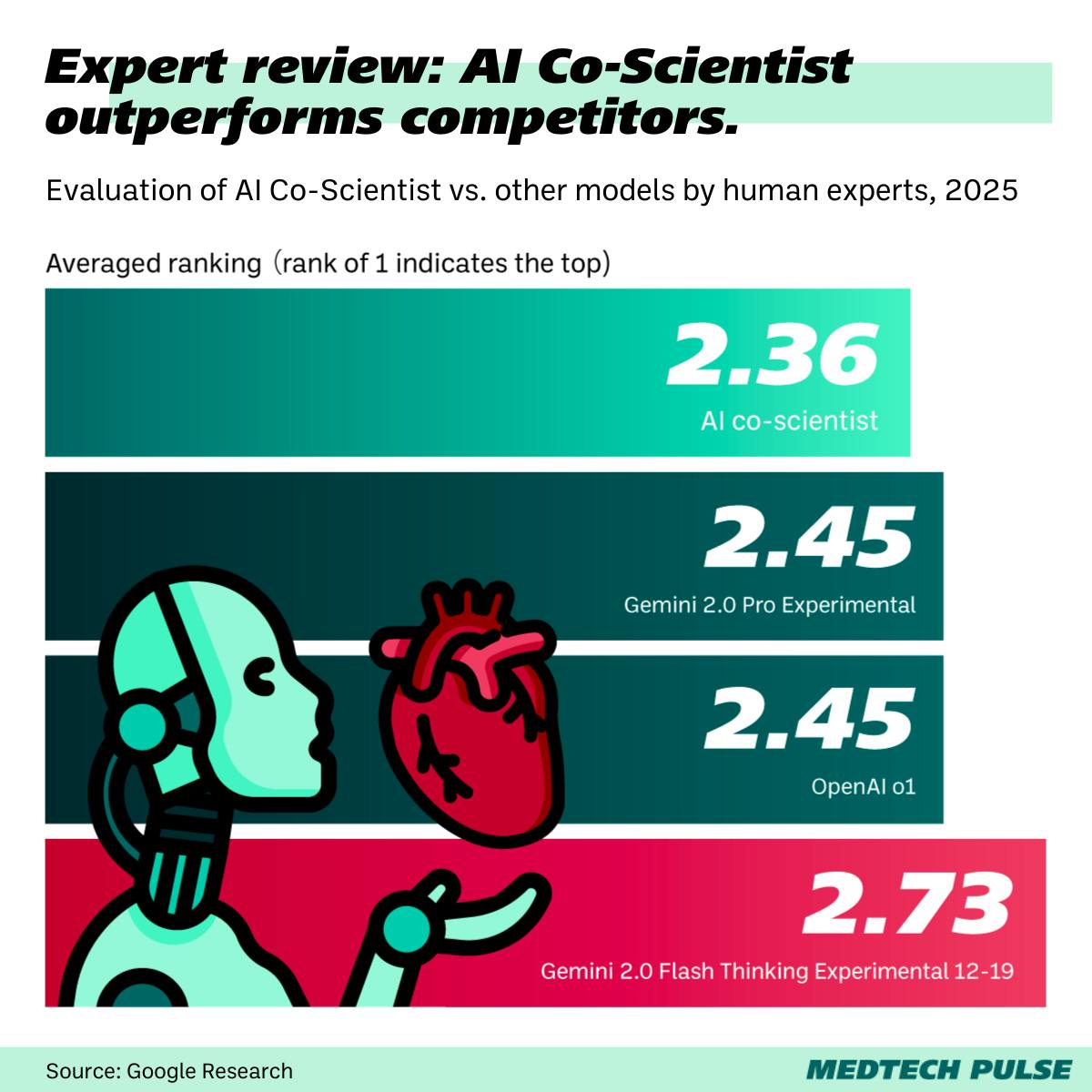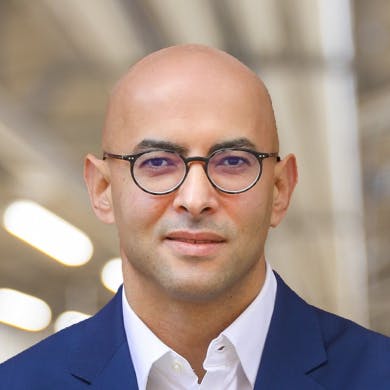Google’s AI Co-Scientist
Since Google’s announcement last month, the internet has been abuzz with this question:
“Can AI truly be a co-scientist?”
I’m referring, of course, to Google releasing its ‘AI co-scientist’ system to its network of so-called Trusted Testers across the scientific and biomedical fields.
- The research-specific AI system, built with Gemini 2.0, is meant to work as a “virtual scientific collaborator.”
- Users can hope to accelerate the scientific process thanks to this virtual colleague, which Google says can mirror the reasoning process human scientists use in the scientific research process.
- Ultimately, the co-scientist may uncover new research hypotheses and project proposals human scientists wouldn’t come up with as quickly.
But does it work? Early tests of the system seem to indicate so.

At the same time, the announcement has been met with some pushback from the scientific community.
- These critics claim that this product demonstrates that Google doesn’t understand what scientists actually need in their work and study design. A hypothesis-generating system isn’t something scientists want or need, they say.
- Specifically, some scientists worry that the results Google is reporting are too vague to verify the validity and usefulness of.
Hopefully, as Google runs AI co-scientist by more of its scientist testers, we’ll see more details about what the system can actually do—and how. After all, as we recently discussed with OpenAI’s foray into longevity research, there is great potential here.
When Big Tech gets involved in science, we benefit from its big funding, big ideas, and ability to break things in pursuit of ambitious goals. However, scientists rightfully criticize entities like Google for their occasional lack of transparency and reproducibility in their findings.
Science is built on the trust cultivated repetition. By repetition, I of course mean independent review and study reproduction. Those of us in medtech may often feel frustrated and hampered by these standards, but they are necessary to building the trust we need to make inroads in science and reach those amazing breakthroughs.
We must continue listening to each others’ needs, so we can work together to build the healthier world we all deserve.
